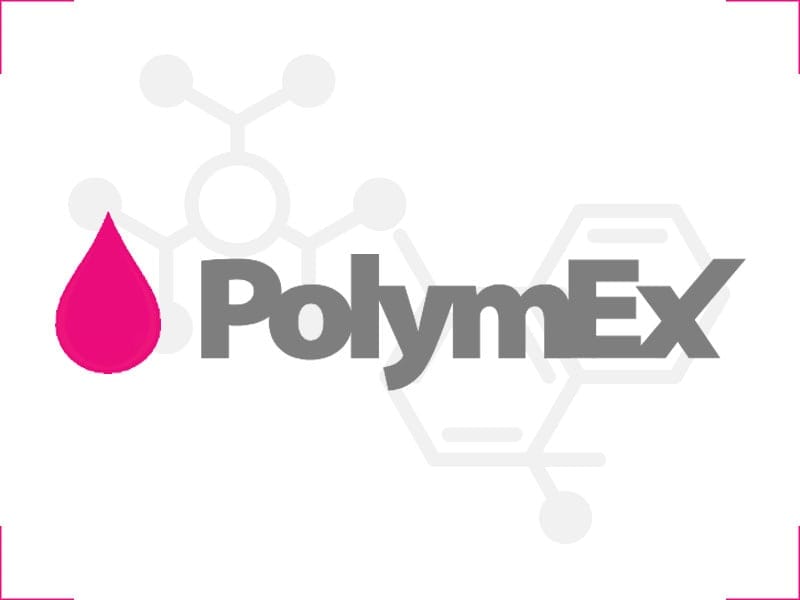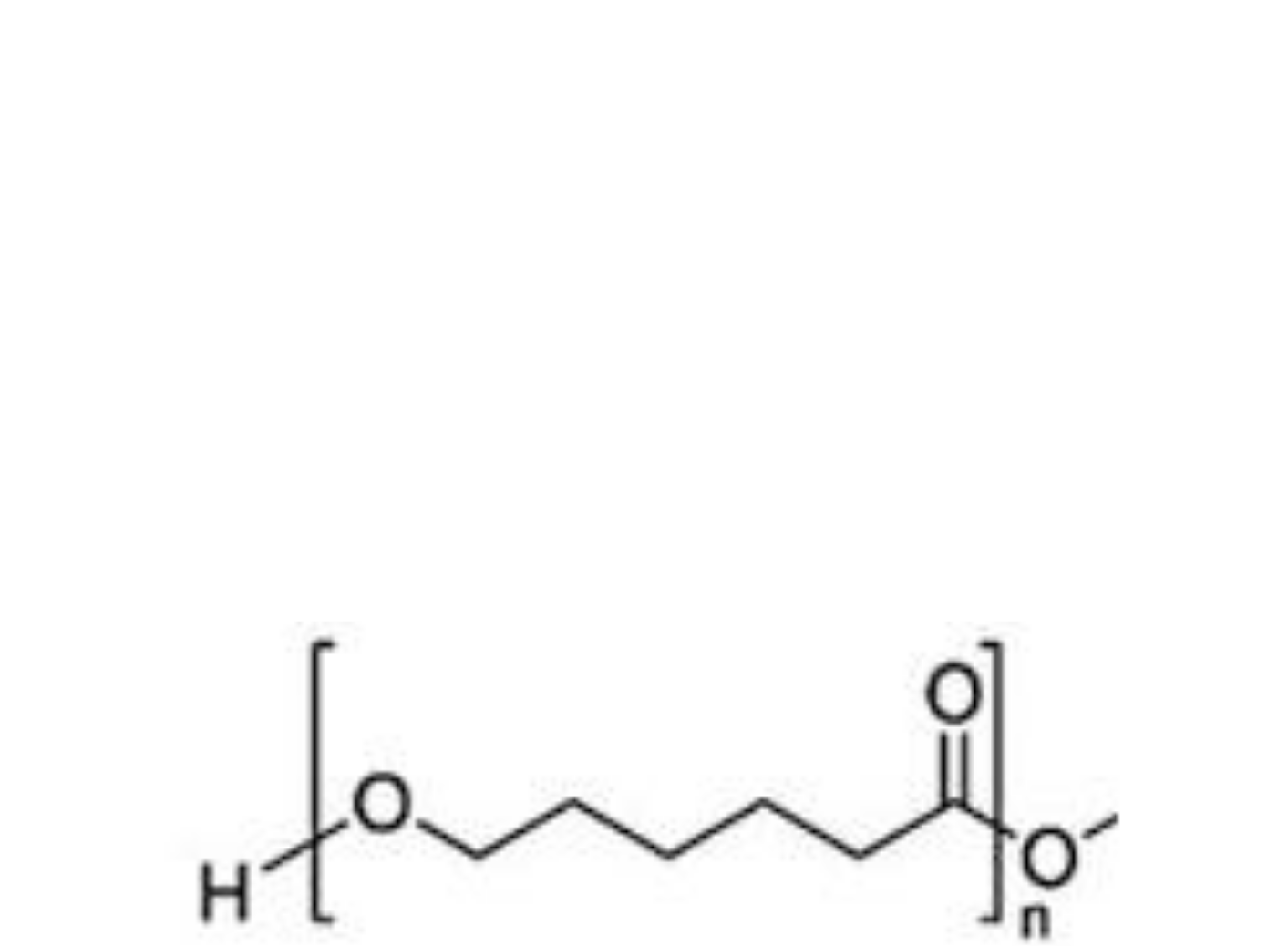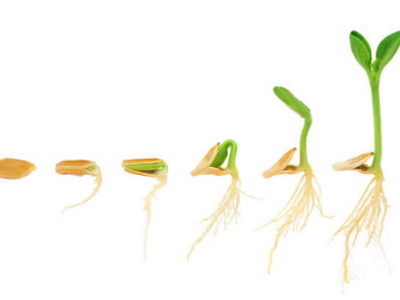- ACCUEIL
- NOS PRESTATIONS
-
VOTRE SECTEUR D'ACTIVITE
Food and packaging
Automotive and Aeronautics
Building, construction, engineering structures
Glues, adhesives, sealants, coatings
Cosmetics and hygiene products
Detergent, cleaning product and surfactant
Medical devices
Inks, pigments, dyes
Environment
Chemical experts and justice experts
Industry
Microelectronics
Swimming pools and coatings
Plastics Processing, Polymer Processing
Natural polymers
Polymers
Polyols
Health

- NOS MOYENS ANALYTIQUES
- NOUS CONNAITRE
- CONTACTS
- NEWS
-
 EN
EN
 FR
FR


